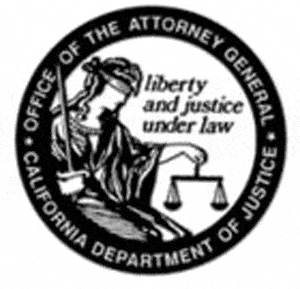The banks keep on trying to get our money one way or another. It’s great when the government goes after these guys. After all, don’t forget that the mess we are in with our economy is due strictly to our illustrious banks and Wall Street.
A press release from the California Attorney General’s Office announced on May 4, 2011 the following:
“Attorney General Kamala D. Harris announced a $90.8 million national settlement, which includes some $6.3 million for California agencies, with the multinational Swiss bank UBS AG over allegations of anticompetitive and fraudulent conduct in the municipal bond derivatives industry.
“This financial fraud harmed school districts, cities, state agencies, and non-profit groups,” Attorney General Harris said. “The multi-million dollar settlement provides restitution to those victimized and sends a strong warning to anyone contemplating similar scams.”
California participated with federal agencies and 24 other states in the negotiations that led to today’s settlement. In addition to the approximately $6.3 million in restitution, California will be entitled to a share of the $2.5 million civil penalty and $5 million in investigation costs that UBS has agreed to pay.
Under the settlement, UBS agreed to pay back a total of $90.8 million to local and state agencies nationwide, as well as to non-profit groups, that had municipal bond derivative contracts with UBS, or used UBS as a broker, between 2001 and 2004. That restitution is part of a $160 million settlement package that includes federal agencies.
Municipal bond derivatives are contracts that tax-exempt issuers use to reinvest the proceeds of bond offerings until the funds are needed, or to hedge interest rate risk.”
So what do you think?
For all your real estate needs call or email:
John J. O’Dell
Real Estate Broker
O’Dell Realty
(530) 263-1091
jodell@nevadacounty.com

